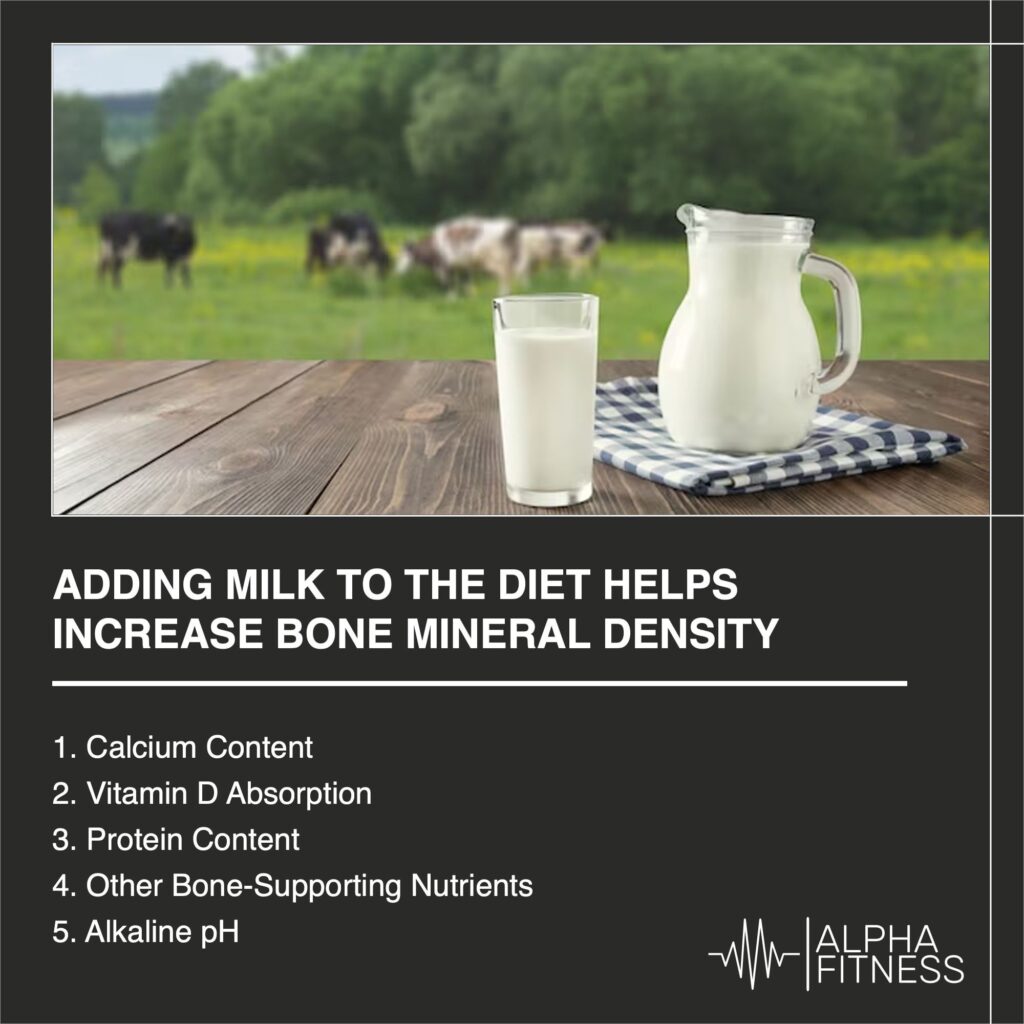
Below is a list of useful links:
- Bok choy is high in calcium, which aids in maintaining strong, healthy bones
- Here are some good Vitamin C diets.
- Shellfish are high quality protein sources
- Corn contains nutrients including fiber and vitamin C
- Cocoa contains flavonoid that help in preventing blood clots
Consuming milk and dairy products can be beneficial for bone health and may contribute to an increase in bone mineral density. Here’s how milk can support bone health:
Calcium Content: Milk is an excellent source of calcium, a mineral that is crucial for the development and maintenance of strong bones. Calcium is a major component of bone tissue, and consuming an adequate amount is essential for bone health. When you have enough calcium in your diet, your body is better able to maintain bone density.
Vitamin D Absorption: Vitamin D is necessary for the absorption and utilization of calcium by the body. Milk is often fortified with vitamin D, which enhances the body’s ability to absorb the calcium it contains. This combination of calcium and vitamin D is beneficial for maintaining bone mineral density.
Protein Content: Milk also provides protein, which is another essential nutrient for bone health. Protein is necessary for the formation and repair of bone tissue, and it plays a role in maintaining bone density.
Other Bone-Supporting Nutrients: In addition to calcium, milk contains other nutrients important for bone health, including phosphorus, magnesium, and vitamin K. These nutrients contribute to overall bone mineralization and bone strength.
Alkaline pH: Milk and dairy products have an alkaline pH, which can help counteract the acid-producing effect of certain foods in the body. An acidic environment can potentially lead to the loss of calcium from the bones. Drinking milk may help maintain a more balanced pH in the body.
It’s important to note that while milk can be a valuable source of nutrients for bone health, it’s not the only source, and a balanced diet plays a crucial role in overall bone health. Many other foods, such as leafy greens, fortified plant-based milk alternatives, fortified orange juice, tofu, and nuts, can also provide calcium and other essential nutrients.
Furthermore, maintaining bone health is not solely dependent on dietary factors. Weight-bearing exercise, avoiding excessive alcohol and caffeine intake, not smoking, and ensuring an adequate intake of other bone-healthy nutrients like vitamin K and magnesium are all important considerations for bone health.
Individuals with lactose intolerance or dairy allergies can still obtain the necessary nutrients for bone health from non-dairy sources and supplements if needed. It’s advisable to consult with a healthcare provider or a registered dietitian to develop a personalized dietary plan that supports your specific bone health needs.




One thought on “Adding milk to the diet helps increase bone mineral density”